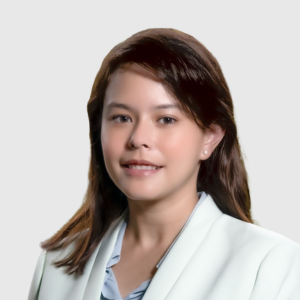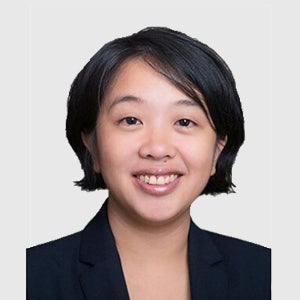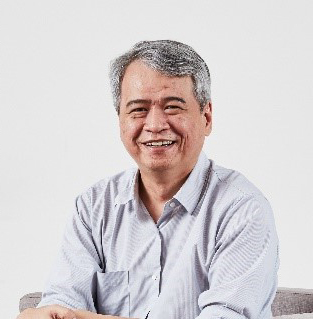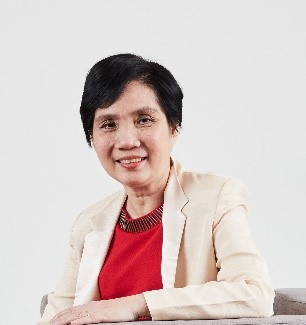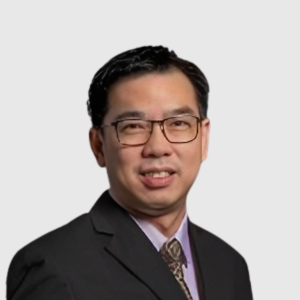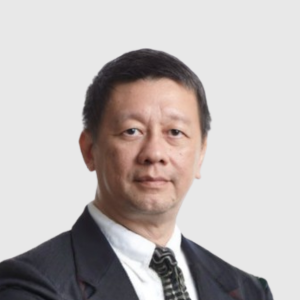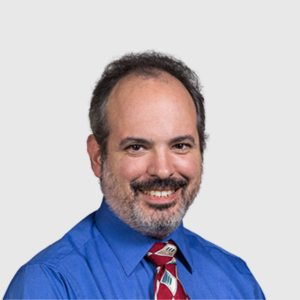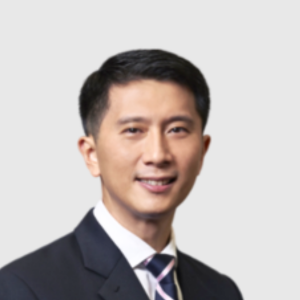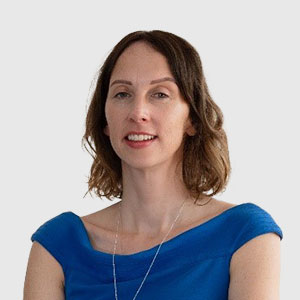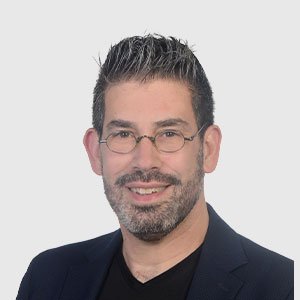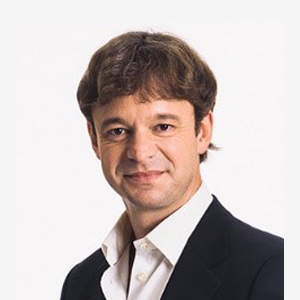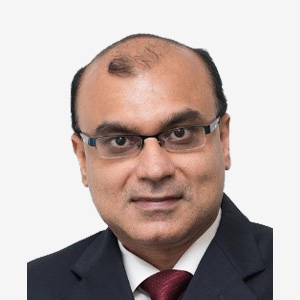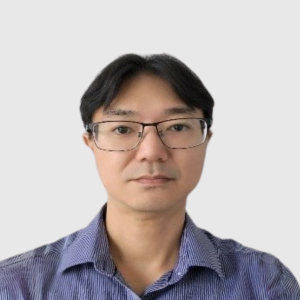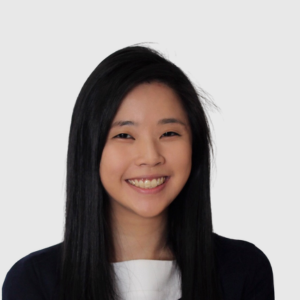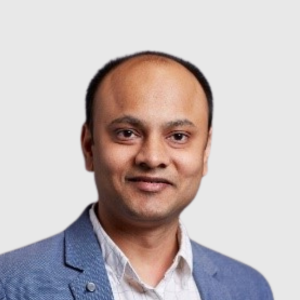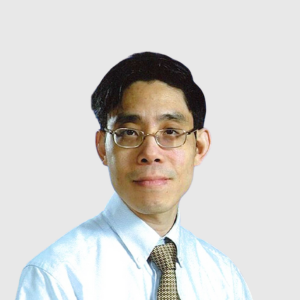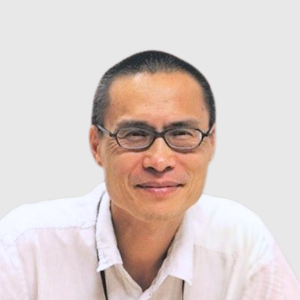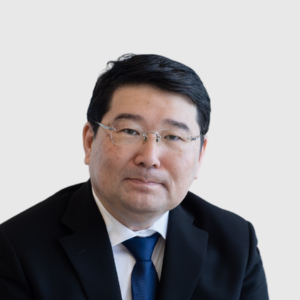Master of Science in Sustainable Healthcare (MSc SH)
Be at the Forefront of Healthcare and Sustainability
Overview
The Master of Science in Sustainable Healthcare (MSc SH) at the NUS Yong Loo Lin School of Medicine is a postgraduate programme available full-time (1 year) or part-time (2 years). It aims to equip professionals from the healthcare industry and beyond with foundational knowledge and core competencies to be at the forefront of the low-carbon healthcare transition. You will gain a comprehensive understanding of key healthcare fundamentals and skills required to decarbonise healthcare.
- A comprehensive understanding of how global environmental systems affect human health
- A solid grounding in the principles of sustainable healthcare practices and analytic carbon accounting methodologies applicable to clinical settings
- Hands-on, experiential learning and a opportunity to learn alongside a diverse global community of students focused on real-world change and climate action
- The opportunity to collaborate on the Centre for Sustainable Medicine’s ongoing projects
Intake: August 2025
1 Year (Full-time)
2 Years (Part-time)
11 November 2025
Rolling basis
Ideal candidates for the programme
Bachelor’s degree graduates in healthcare-related fields (e.g. medicine, nursing, biomedical science, health policy, public health and allied health disciplines), as well as public policy and social sciences, sustainability and environmental science. Candidates with other relevant qualifications will be considered on a case-by-case basis.
Graduates can pursue careers in roles such as:
- Chief Sustainability Officer
- Clinical Director of Sustainability
- Director of Public Health
- Healthcare Procurement Lead
- Research Fellow in Sustainable Healthcare
- Senior Energy and Carbon Analyst
- Sustainable Innovation Manager
- Senior Health Policy Officer
Programme Faculty
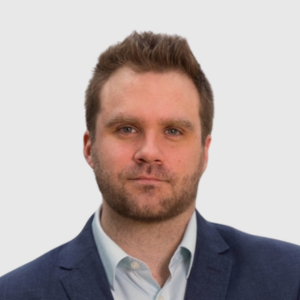
Prof Nick Watts
Director
Centre for Sustainable Medicine
NUS Yong Loo Lin School of Medicine
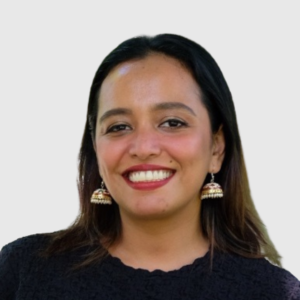
Jit Sohal
Head of Strategy and Implementation
Centre for Sustainable Medicine
NUS Yong Loo Lin School of Medicine
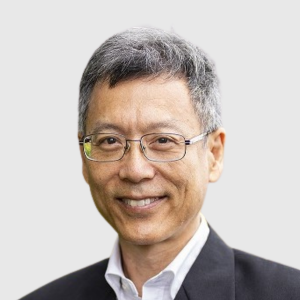
A/Prof Eugene Liu
Chief Sustainability Officer
National University Health System
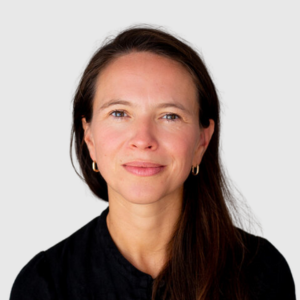
Dr Jessamy Bagenal
Senior Executive Editor
The Lancet

Paulette Frank
Chief Sustainability Officer
Johnson & Johnson
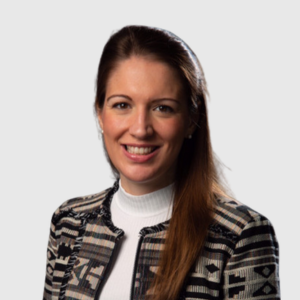
A/Prof Chantelle Rizan
Clinical Transformation Lead
Centre for Sustainable Medicine
NUS Yong Loo Lin School of Medicine
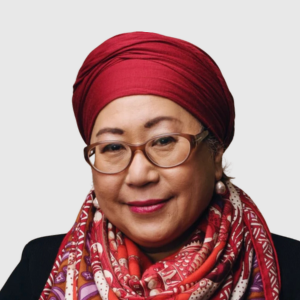
Prof Tan Sri Jemilah Mahmood
Executive Director
Sunway Centre for Planetary Health

Nina Zhang
Chief Procurement Officer
Singapore Healthcare Procurement Agency (ALPS)
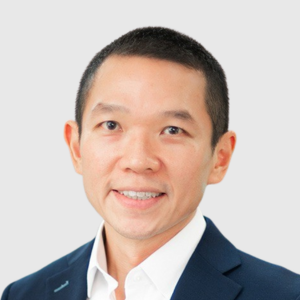
Prof Koh Lian Pin
Director
NUS Nature-Based Climate Solutions

Prof Nick Watts
Director
Centre for Sustainable Medicine
NUS Yong Loo Lin School of Medicine

Jit Sohal
Head of Strategy and Implemetation
Centre for Sustainable Medicine
NUS Yong Loo Lin School of Medicine

A/Prof Eugene Liu
Chief Sustainability Officer
National University Health System

Dr Jessamy Bagenal
Senior Executive Editor
The Lancet

Paulette Frank
Chief Sustainability Officer
Johnson & Johnson

A/Prof Chantelle Rizan
Clinical Transformation Lead
Centre for Sustainable Medicine
NUS Yong Loo Lin School of Medicine

Prof Tan Sri Jemilah Mahmood
Executive Director
Sunway Centre for Planetary Health

Nina Zhang
Chief Procurement Officer
Singapore Healthcare Procurement Agency (ALPS)

Prof Koh Lian Pin
Director
NUS Nature-Based Climate Solutions
The MSc SH is available as a 1-year full-time or 2-year part-time degree programme.
Graduation Requirements
Total Units Required: 40 Units
To graduate, students have to:
Complete the following 4 core courses (16 units total)
- SM5001 Principles of Sustainable Healthcare Practice
- SM5002 Net Zero Analytics
- SM5003 Climate, Environment & Health
- SM5004 Implementing Net Zero Healthcare
+ Complete the following 2 capstone courses (8 units total)
- SM5101 Sustainable Healthcare Capstone I
- SM5102 Sustainable Healthcare Capstone II
+ Choose and complete 4 elective courses from the Elective Courses list (16 units total)
Proposed Study Plan
Please refer HERE for the proposed study plan for full-time and part-time students.
- Full-time students are expected to complete the programme within 12 – 24 months. The maximum candidature is 24 months; excluding Leave of Absence (LOA).
- Part-time students are expected to complete the programme within 24 – 36 months. The maximum candidature is 36 months; excluding Leave of Absence (LOA).
Important:
- Download and read the Applicant Guide to the Graduate Admission System (GDA)
- Review the Checklist for Applicants. Please upload the relevant supporting documents according to the checklist when submitting your online application.
To be eligible for enrolment, applicants must meet the following requirements. However, please note that selection of candidates is based on a competitive basis and candidates with relevant industry experience will be considered favourably. Meeting the minimum requirements does not guarantee admission into the programme.
Minimum Requirements:
- Graduates with Bachelor’s degree in healthcare-related fields (e.g. medicine, nursing, biomedical science, health policy, public health and allied health disciplines), as well as public policy and social sciences, sustainability and environmental science.
- Candidates with other qualifications and relevant experience may be considered on a case-by-case basis, subject to approval by the selection committee.
- International applicants who graduated from universities where English is not the medium of instruction are required to submit TOEFL (Test of English as a Foreign Language) or IELTS (International English Language Testing System) scores as evidence of their proficiency in the language. The minimum score for IELTS is 6.0, and that for TOEFL is 76 (internet-based). Scores must be valid for two (2) years from the test date and should not have expired at the time of application. Expired scores will not be considered.
Tuition Fees:
Total Tuition Fees (for students enrolled in the Academic Year 2026/2027 only): S$58,860 (inclusive of Goods & Services Tax (GST))
The payment schedule is as follows (inclusive of 9% GST):
Full-Time Students
Part-Time Students
S$29,430.00
S$14,715.00
S$29,430.00
S$29,430.00
S$14,715.00
S$29,430.00
S$14,715.00
Year 2 Semester 2
–
S$14,715.00
Acceptance Fee (Including GST):
S$5,450
For more information, please visit the Office of the University Registrar website.
- Application fee for successful submission is S$50 (including GST)
- All Singaporeans and Singapore PRs will receive a 40% tuition fee rebate. For more information, please visit the following website here.
- All NUS alumni will receive a 20% tuition fee rebate.
- Upon acceptance of offer, an acceptance fee of S$5,450.00 (including GST) will be charged on the Graduate Admission System (GDA). Acceptance fees is non-refundable, non-transferable and will be credited towards the tuition fee once the programme starts.
The MSc SH is available as a 1-year full-time or 2-year part-time degree programme.
Graduation Requirements
Total Units Required: 40 Units
To graduate, students have to:
Complete the following 4 core courses (16 units total)
- SM5001 Principles of Sustainable Healthcare Practice
- SM5002 Net Zero Analytics
- SM5003 Climate, Environment & Health
- SM5004 Implementing Net Zero Healthcare
+ Complete the following 2 capstone courses (8 units total)
- SM5101 Sustainable Healthcare Capstone I
- SM5102 Sustainable Healthcare Capstone II
+ Choose and complete 4 elective courses from the Elective Courses list (16 units total)
Proposed Study Plan
Please refer HERE for the proposed study plan for full-time and part-time students.
Study Period
- Full-time students are expected to complete the programme within 12 – 24 months. The maximum candidature is 24 months; excluding Leave of Absence (LOA).
- Part-time students are expected to complete the programme within 24 – 36 months. The maximum candidature is 36 months; excluding Leave of Absence (LOA).
Important:
- Download and read the Applicant Guide to the Graduate Admission System (GDA)
- Review the Checklist for Applicants. Please upload the relevant supporting documents according to the checklist when submitting your online application.
To be eligible for enrolment, applicants must meet the following requirements. However, please note that selection of candidates is based on a competitive basis and candidates with relevant industry experience will be considered favourably. Meeting the minimum requirements does not guarantee admission into the programme.
Minimum Requirements:
- Graduates with Bachelor’s degree in healthcare-related fields (e.g. medicine, nursing, biomedical science, health policy, public health and allied health disciplines), as well as public policy and social sciences, sustainability and environmental science.
- Candidates with other qualifications and relevant experience may be considered on a case-by-case basis, subject to approval by the selection committee.
- International applicants who graduated from universities where English is not the medium of instruction are required to submit TOEFL (Test of English as a Foreign Language) or IELTS (International English Language Testing System) scores as evidence of their proficiency in the language. The minimum score for IELTS is 6.0, and that for TOEFL is 76 (internet-based). Scores must be valid for two (2) years from the test date and should not have expired at the time of application. Expired scores will not be considered.
Tuition Fees:
Total Tuition Fees (for students enrolled in the Academic Year 2026/2027 only): S$58,860 (inclusive of Goods & Services Tax (GST))
The payment schedule is as follows (inclusive of 9% GST):
Year 1 Semester 1
Full-Time Students
S$29,430.00
Part-Time Students
S$14,715.00
S$29,430.00
Year 1 Semester 2
Full-Time Students
S$29,430.00
Part-Time Students
S$14,715.00
S$29,430.00
Year 2 Semester 1
Full-Time Students
Part-Time Students
S$14,715.00
Year 2 Semester 2
Full-Time Students
Part Time Students
S$14,715.00
Acceptance Fee (Including GST):
S$5,450
For more information, please visit the Office of the University Registrar website.
- Application fee for successful submission is S$50 (including GST).
- All Singaporeans and Singapore PRs will receive a 40% tuition fee rebate. For more information, please visit the following website here.
- All NUS alumni will receive a 20% tuition fee rebate.
- Tuition fees are subjected to annual review and inflation.
- Upon acceptance of offer, an acceptance fee of S$5450.00 (including GST) will be charged on the Graduate Admission System (GDA). Acceptance fees is non-refundable, non-transferable and will be credited towards the tuition fee once the programme starts.
Frequently Asked Questions
How does the Master of Science in Sustainable Healthcare (MSc) differ from the Executive Fellowship in Sustainable Healthcare (Graduate Certificate)?
The MSc provides you with the foundations and skillsets needed to lead healthcare’s response to climate change. The Executive Fellowship in Sustainable Healthcare is designed for working professionals with prior experience, placing an emphasis on advanced carbon analytics and change management, while providing the flexibility to learn at your own pace. Please refer to the table comparison below.
Executive Fellowship (Graduate Certificate)
Designed for
Senior leaders and established working professionals
Certification
Graduate Certificate
Mode (Location)
Hybrid / Online
Weekly Learning Hours
3 — 4
Duration
1 year part-time
Personal Development
• Leadership and networking
• Opportunity to participate in key sustainability events
Master of Science
Designed for
Those seeking a comprehensive foundation in sustainability and health management principles
Certification
Master of Science Degree by Coursework
Mode (Location)
On-campus
Weekly Learning Hours
40 — 50
Duration
• 1 year full-time
• 2 years part-time
Personal Development
Academic focus
Designed for
Senior leaders and established working professionals
Those seeking a comprehensive foundation in sustainability and health management principles
Certification
Graduate Certificate
Master of Science Degree by Coursework
Mode (Location)
Hybrid / Online
On-campus
Weekly learning hours
3 — 4
40 — 50
Duration
1 year part-time
• 1 year full-time
• 2 years part-time
Personal Development
• Leadership and networking
• Opportunity to participate in key sustainability events
Academic focus
Is the MSc SH programme available online/via distance learning?
The MSc is an in-person programme that requires physical attendance at our Kent Ridge campus in Singapore. However, the Executive Fellowship in Sustainable Healthcare (Graduate Certificate) programme is designed for established working professionals looking for a flexible part-time programme that allows for self-paced learning, through online learning, with the option to participate asynchronously.
What are the career opportunities for MSc SH graduates?
The programme is suited for a wide range of professionals and career trajectories and will provide graduates with a firm grasp of the core solutions in both healthcare and sustainability. This programme will provide you with a competitive edge in key roles such as:
- Chief Sustainability Officer
- Senior Health Policy Officer
- Director of Public Health
- Clinical Director of Sustainability
- Sustainable Innovation Manager
- Healthcare Procurement Lead
- Research Fellow in Sustainable Healthcare
- Senior Energy and Carbon Analyst
The NUS Centre for Future-ready Graduates provides Career Services to our graduates, including resume writing and interview preparation. More information is available here.
Do I need to have medical or nursing training, or knowledge in sustainability to apply for this programme?
No, applicants are not required to have prior clinical training or a background in sustainability, though either would be advantageous. We welcome applicants from a wide variety of fields such as public policy and social sciences, engineering and environmental science. Candidates with other relevant qualifications will be considered on a case-by-case basis.
How many intakes are there per year?
There is only 1 intake per academic year, which starts in August.
When are classes held?
Classes are held during the NUS academic year, spanning two regular semesters of 13 weeks (excluding recess, exams, and vacation periods). SM5001, SM5002 and SM5003 will be conducted during Semester 1 (11 August – 6 December 2025), while SM5004 will be conducted during Semester 2 (12 January – 9 May 2026).
Classes will typically be held during the day between 9am – 5pm (Singapore time). Full-time students can expect to spend approximately 15 contact hours per week across 5 courses (per semester).
Some core and elective courses may be conducted as intensive courses over a shorter duration.
Please refer to the NUS Academic Calendar for more information.
How will I know if my application is successful?
Applications will be processed on a rolling basis. Offers will be released throughout the admissions period. If your application is successful, you will be notified via email to submit your acceptance via the Graduate Admissions System (GDA3). All successful applicants will have received a letter of offer to the programme latest by end-April 2025.
I am an international student. Can I apply for a student pass to study in Singapore for the duration of the programme?
Yes, Singapore is home to globally ranked universities and institutions known for academic excellence. The government offers student-friendly visa policies to enable international students to come and study in Singapore upon acceptance into an accredited programme.
To apply for a Student Pass, NUS will register through ICA’s Student’s Pass Online Application & Registration (SOLAR) system. Once NUS has successfully registered your information, you may login to SOLAR to submit eForm 16. Upon submission of the eForm16 through SOLAR, students are required to print a copy of the eForm16 for submission to ICA.
New applications for a Student’s Pass must be submitted at least one month and not more than two months before the commencement of the programme through SOLAR.



